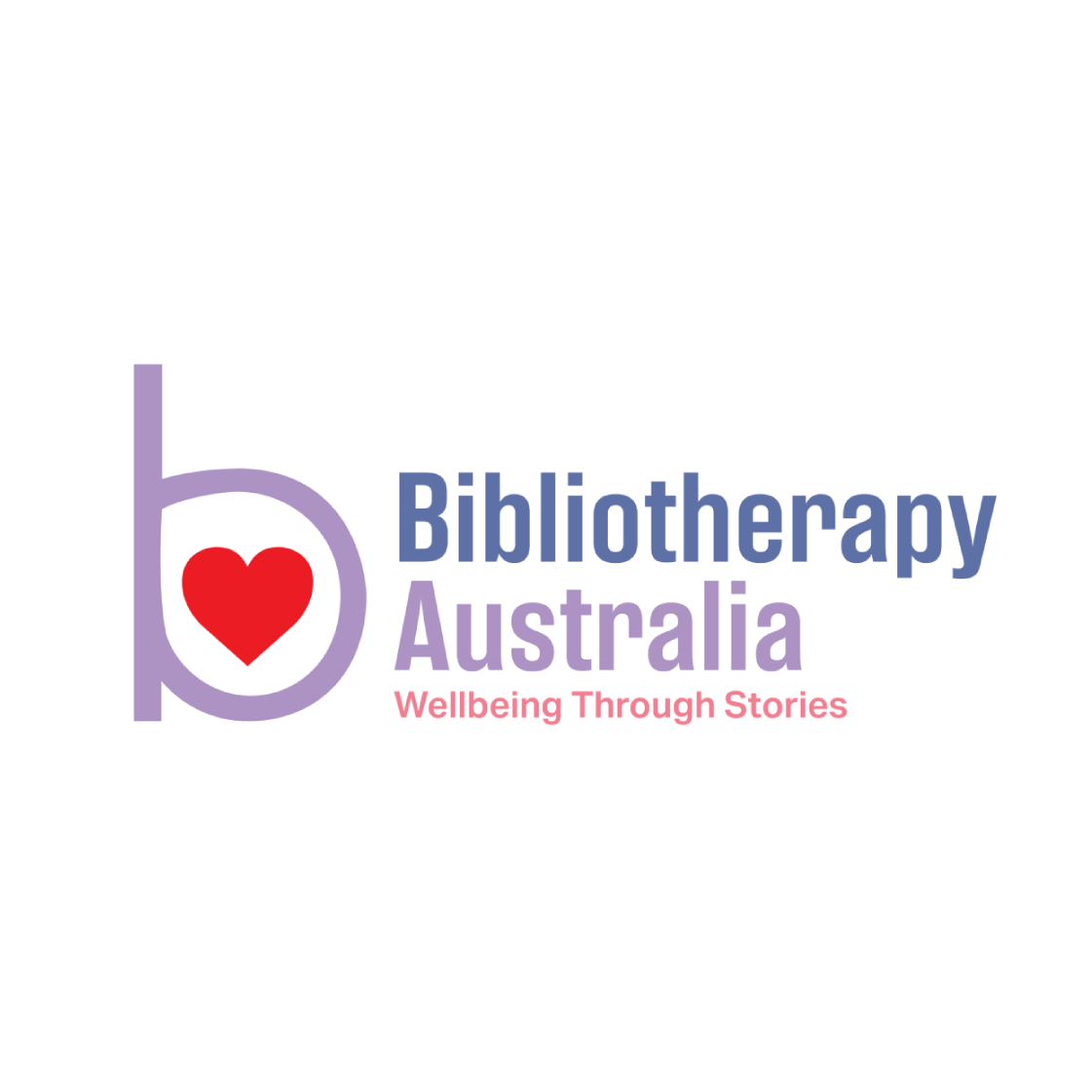2013: 5th Annual International Arts and Health Conference
The Art of Good Health and Wellbeing, Sydney, Australia, 13–15 November 2013
Abstract
In its early forms, ‘bibliotherapy’ (defined as the use of literature to help people deal with psychological, social and emotional problems) used non-fiction literature in clinical settings to generate interaction between self-help books and a service user – but, through discussion, interaction can also be developed between the service user and psychologists and counsellors.
This presentation aims to look beyond traditional use of bibliotherapy, centred on self-help books, and to focus on the therapeutic use of imaginative literature, especially fiction and poetry. This ‘creative bibliotherapy’ assists people to think about personal problems and various transitions experienced within their families and individual lives, through discovering how fictional characters related to similar situations in fictional narratives.
Creative bibliotherapy is facilitated in read-aloud reading groups and is particularly beneficial to people who are vulnerable as a result of their situations, such as the homeless, the unemployed, new arrivals in Australia, residents in aged-care facilities and those experiencing mental health problems.
The benefits experienced over a three-year period by a group of participants, who have been homeless or at risk at being homeless, will be discussed. In this group, imaginative literature was read aloud by a trained facilitator, with group members also reading aloud if they wished. The text introduced by the facilitator provided the main structure and focus for group discussion which referred to many life situations; often assisting participants to change their beliefs and attitudes and often contributing to the development of a more integrated sense of self, with increased self-awareness and acceptance.
Delivered in this context, bibliotherapy has a broader potential than that of its traditional application. The focus is shifted to supporting good mental and emotional wellbeing through offering a link between books and the community.
2012: Alzheimer’s Australia
Dementia Forum 2012, Melbourne, Australia, 14 August 2012
Keynote speaker: ‘Bibliotherapy reading for wellbeing in old age’
Abstract
Managing the challenges presented by dementia will be the overwhelming priority of health care in the 21st century.
This is a quote from Lynne Pezzullo, Access Economics director and health analyst and author of a 2009 Access Economics report commissioned by Alzheimer’s Australia, predicting that over 1.1 million Australians will have dementia by 2050 – quadrupling current figures.
If these predications come true, then the challenges for the care of those suffering with dementia will not be met by interventions based in medicine alone but will necessitate interventions of a social nature, as more people spend more time in institutions. Commonly, people in aged care facilities sit for long periods of time, often socially isolated in their rooms, and this can have a negative impact on their wellbeing. This highlights the need to promote intervention focussed on wellbeing, to increase the possibility of individual re-engagement with life and even re-emergence into society.
It is thought that bibliotherapy (a read-aloud reading intervention) may have a positive impact on the wellbeing of people living with dementia. Recent studies are contributing to the data now available as a result of several years of delivery of bibliotherapy programs, and these studies indicate that such programs deliver positive wellbeing outcomes.
2011: Dementia + Recreation National Conference 2011
Melbourne, Australia, 29 November 2011
End Keynote speaker: ‘The Book Well program’
Abstract
The Book Well program is a collaborative initiative of the State Library of Victoria, the Public Libraries Victoria Network and VicHealth. Employing read aloud reading groups, the program focuses on the power of literature to improve the health and wellbeing of individuals and communities.
2010: ALIA Access 2010
Brisbane, Australia, September 2010
Abstract
The Book Well Program is a collaborative initiative of the State Library of Victoria, the Public Libraries Victoria network and VicHealth. Employing read-aloud reading groups, the program focuses on the power of literature to improve the health and wellbeing of individuals and communities. It particularly targets people who are vulnerable due to their situations, such as the homeless, the long-term unemployed, new arrivals in Australia, residents in aged-care facilities and those experiencing mental health problems. The Victorian program was inspired by the United Kingdom’s renowned Get Into Reading program. In March 2010, twenty Victorians were trained over five days to deliver The Book Well Program. This paper discusses the focus, merits and implementation of the Victorian program, provides an evaluation of the program to date, and comments on future directions.
